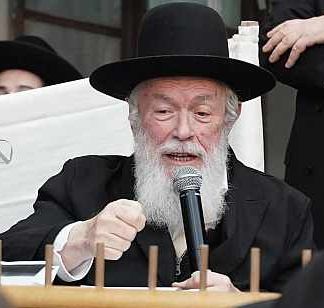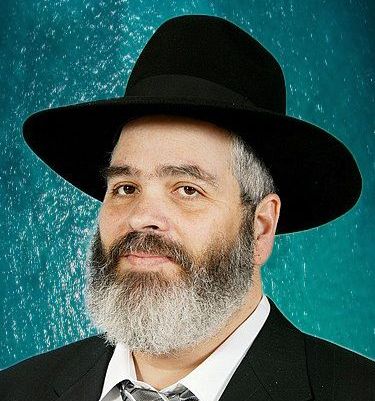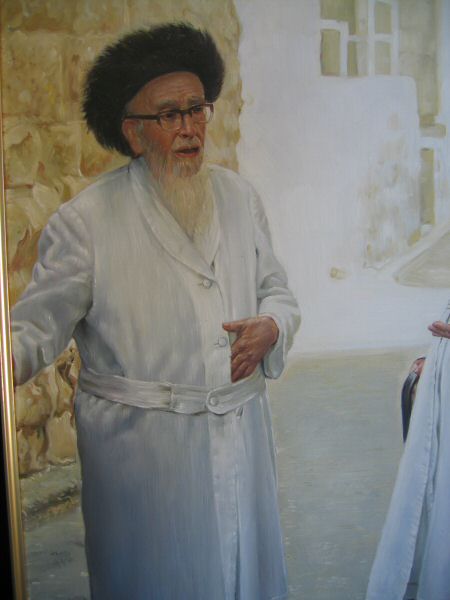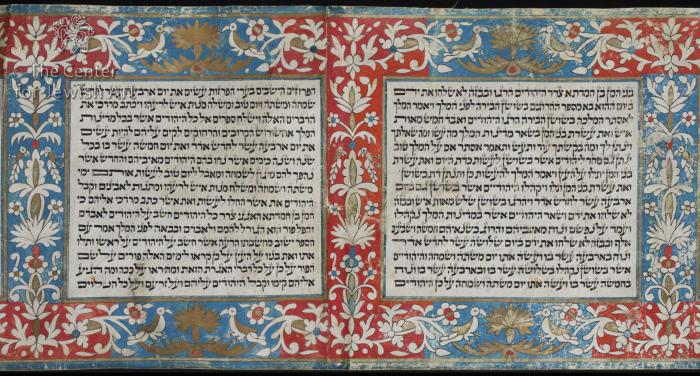  |
|
| |||||
This Google Custom Search looks only in this website. Letter from HaRav Zilberstein Against Use of Firecrackers
I Seek My Brothers.
Dear brothers, I have come to protest against the shedding of innocent blood, for the land will not condone those who spilt it (Bamidbor 35:33).
Hashem gave us the holy day of Purim which is designated as Yom Kippurim, a day of atonement. To our chagrin, this has turned into a day of bloodshed. I know of children who threw fireworks and of women who reached life-threatening situations. There are children who lost fingers and people who were blinded.
Those who sell explosives or fathers who allow their children to use them — what will they have to say on the Day of Judgment where this sanctified day was transformed to a day of bloodshed?
We find in the introduction of "Moed Lechol Chai" that the use of explosives had been taken from the heathen nations, and it is improper for the Jewish nation [to adopt this] in any form or at any time. Whoever does so is guilty of "you shall not do as their deeds."
Demonstrations are a basic democratic right. But in a democratic country, there are rules for staging them, and the demonstrators are obligated to abide by them. The moment that these rules are disobeyed, the police have ways and means to deal with the violators of the law.
This begins with mounted police circulating among the demonstrators and sometimes even trampling them. The next step is the use of clubs pounding on the heads of the violators, throwing shock grenades, water canon and the well-known use of stink sprays. These are the familiar means used by the police to break up violent illegal demonstrations.
These methods are graded. Certain ones are used against chareidim, others against Ethiopian demonstrators and yet other against settlement rights protests employed by the 'youth of the hills' movements, and the police are trained to differentiate between the different kinds of demonstrations.
This series of articles about HaRav Shlomo Zalman Auerbach zt"l was originally published in 1995 (5755), soon after the petiroh.
Part 2
(We continue Rav Dinkel's portrait of HaRav Shlomo Zalman, the
rosh yeshiva of Kol Torah, that appeared in last week's edition. )
When one talmid asked him a question from a Tosafos in Pesochim, he retorted, "I don't know what Tosafos says in Pesochim but I do know that Tosafos couldn't say such a thing."
Such was the clarity of his thought. It was not straight thinking so Tosafos could not have said it.
Gedolim of earlier generations had also noted this quality of his. The Tschebiner Rov zt'l, remarked that HaRav Shlomo Zalman's mind was "as straight as a ruler."
Decades earlier, in his haskomo to Me'orei Ho'eish, HaRav Shlomo Zalman's work on the halachic status of electricity, HaRav Chaim Ozer Grodzensky zt'l had written, "I found therein a number of lucid comments and elucidations... with clarity, ideas that are correct [i.e. applicable] in practice."
Rain and Kinneret Watch by Dei'ah Vedibur
Staff
Our weekly report of the rain and the level of the Kineret -
Winter, 5783.
* * *
Outstanding Articles From Our Archives
Home and Family
By B.Navon
R' Shabsai Frankel's office was abuzz with excitement. At last, after years of time and effort, and after investing thousands of dollars, there was, on the table; the precious, antique scroll of parchment, in its entirety.
Rabbi Frankel was a Holocaust survivor, who had somehow, miraculously, managed to escape the inferno. He had fled to the United States, where he had turned over Heaven and Earth to try to save some of his fellow Jews from the German annihilation. Together with many others, he had come across indifference and apathy and felt he was talking to a brick wall.
To commemorate his whole family who perished in the death camps, Rabbi Frankel decided to devote his time and income to publishing Judaica, holy Jewish works. He was going to redact and publish new editions of important works which were presently gathering dust on some learned individuals' tables. The Mishne Torah of the Rambam was one case in point.
Chapter Five
Without Compromise - Consistency in the Ways of the Torah
In this chapter, we will deal with one of the important fundamentals that Maran the Chazon Ish ztvk'l implanted within us and in the chareidi public as a whole: A steadfast and consistent stance on Jewish principles, even when those who are very distant from Torah and stand for democratic ideals and tolerance regard this consistency as unfathomable stubbornness.
In these matters, the option of compromise was inconceivable. The concept of "We don't have the strength to do" did not exist for him and therefore, there was no place for compromise. When the need arose to do anything, the Chazon Ish's approach and conduct was: no quarter, no concessions. This is what must be done and we will do it!
But this approach cannot succeed when one uses it indiscriminately. True zeal requires a constant awareness and decision making; it needs daas Torah which knows how to weigh things in the proper perspective and balance - when something is desirable and when it is counterproductive; when it will achieve its purpose and when it is ineffectual and will only cause damage.
How deep and profound are the words which Rabbenu the Ramchal wrote in Mesillas Yeshorim (20) regarding chassidus, "And know that this is hard work in chassidus because there are many worthwhile things which the yetzer can shunt aside and make us think they are undesirable, and many sins which it can present as if they were marvelous mitzvos."
And he continues, "And really, a person cannot succeed in this vein without three things: That his heart be extremely straightforward and honest; That he not have any motive other than causing pleasure to his Creator and nothing else whatsoever; and That he constantly and intensively review his deeds and try to align them according to that end goal: and in the end, he should cast his burden onto Hashem and trust in Him ultimately."
|
|||||




.jpg)



